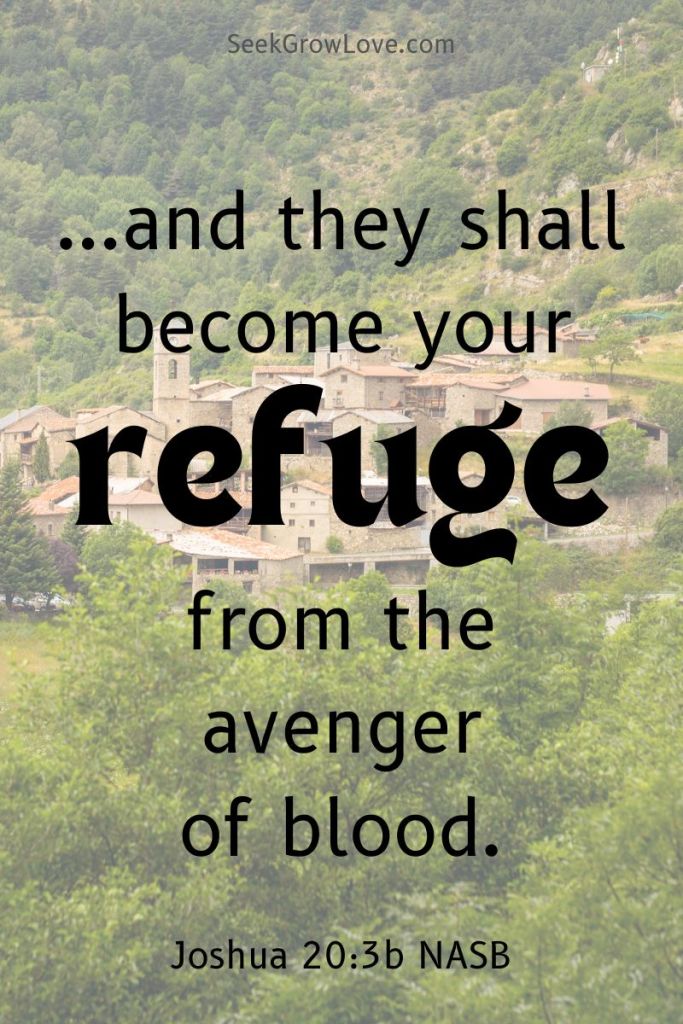
OLD TESTAMENT: JOSHUA 21 & 22
POETRY: PSALM 51
*NEW TESTAMENT: 1 CORINTHIANS 10
In the Seek Grow Love reading plan, we are given the opportunity to connect with the Old and New Testament each day, and one pro of reading the Bible this way is the opportunity to see connections and evidence of a sovereign God directing things, weaving things together from beginning to end. It is especially nice for me when the New Testament authors clearly state the connections like we run across today in 1 Corinthians 10. Immediately following a paragraph of Old Testament events from over 1000 years before, we then see several verses connecting the past to the present. Verse 11 makes it very clear that the events of the Old Testament were expected to be studied and known by Christians under the new covenant and had a benefit for their learning:
“These things happened to them as examples and were written down as warnings for us, on whom the culmination of the ages has come. So, if you think you are standing firm, be careful that you don’t fall! No temptation has overtaken you except what is common to mankind. . .” (1 Corinthians 10:11-13)
In this case, it appears the “things that happened” referenced in this verse include the Israelites crossing the Red Sea, being under a cloud, God being displeased with them in the wilderness, eating manna, getting water from a rock, etc. If we have read the Old Testament stories, these things are familiar to us, but we see in 1 Corinthians that some of the connections referenced are symbolic and a foreshadowing of what is to come when the Messiah comes on the scene, not necessarily the exact same events repeated. For example, the Israelites were not literally baptized in the Red Sea and a cloud. We are told they crossed on dry ground, they were set apart and led by God, and we can certainly identify how that connects to what Jesus brings us in salvation and protection for believers. The same idea is evident in verse 4 where we are told they drank from a rock and that rock was Christ. They did not literally drink from Jesus, nor was a rock following them around in the wilderness. While Jesus existed in the plan and complete foreknowledge of God at that time, the Messiah was not even born yet, and I feel the need to emphasize this after seeing some very confusing commentaries out there on this passage. It appears that Paul is using a familiar story from the Old Testament as a teaching metaphor comparing what was achieved through the Messiah to the provision and salvation God gave the Israelites. For a lovely chat on this subject, I highly recommend 21st Century Reformation’s video commentary below:
1st Corinthians – 21st Century Reformation (21stcr.org)
I find this to be a good reminder that God has had a plan for all time and His ways are better than ours. I also find comfort that just like the Israelites did reach the promised land, we also have promises yet to be fulfilled for a place even better than Canaan when Jesus comes back as king.
-Jennifer Hall
Questions:
- How does it make you feel to know that God has had a plan of salvation for you since the very beginning?
- What other examples of foreshadowing can you think of from the Bible?
- Since Paul tells us the Israelites were examples for those generations which came later, and warns us not to be cocky in thinking we are standing firm, what can we do to help us not fall?









